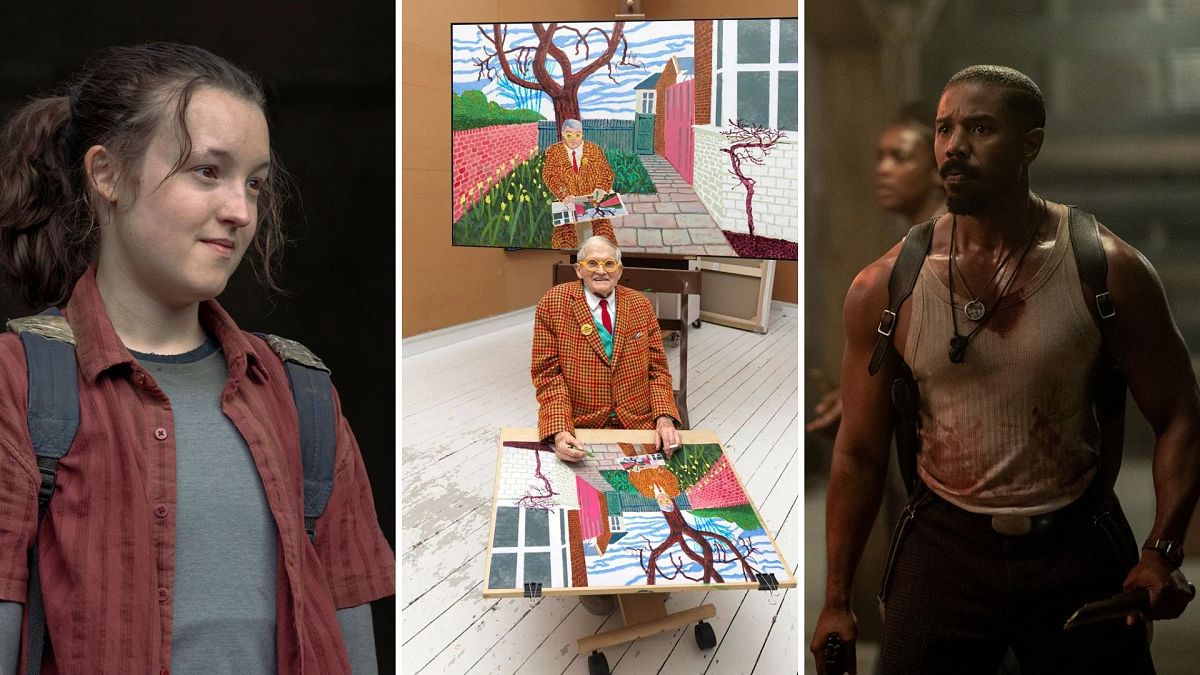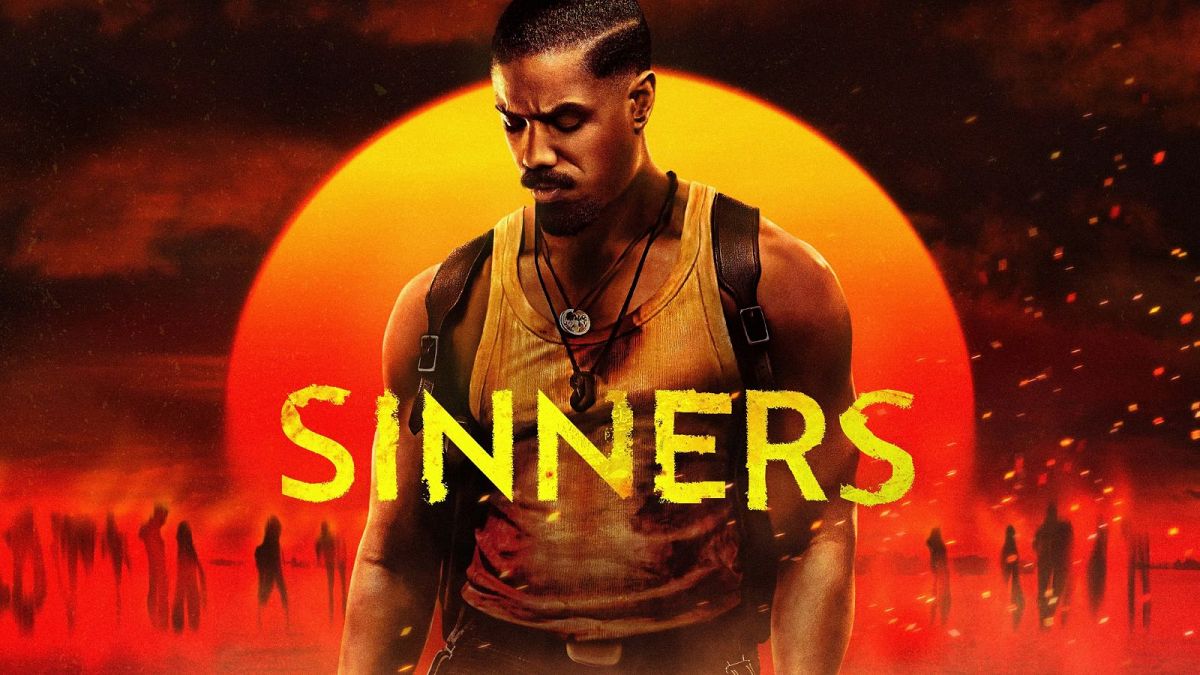On a bright Sunday afternoon in Paris, in a packed cinema, applause erupts as end credits roll on the screen.
The film that just concluded is neither the latest superhero blockbuster nor a mainstream comedy. It’s a biopic about Frantz Fanon (1925-1961), a psychiatrist from the former French colony of Martinique, which is now a French overseas territory.
A major figure of anticolonialism and Pan-Africanism, Fanon became a prominent defender of Algerian independence in the 1950s. The biopic, directed by Guadeloupean filmmaker Jean-Claude Barny, focuses on Fanon’s time in Algeria.
Because of its topic, Fanon is an innovative addition in a French cinematic landscape that has long avoided tackling the nation's history of colonialism and slavery.
A new generation of filmmakers
As we celebrate 130 years of cinema, the French film industry is finally starting to reckon with this past. In recent years, a new generation of filmmakers has emerged to bring these stories to the screen.
“Cinema used to be an exclusive club”, researcher Régis Dubois told Euronews Culture. “For a very long time, there were no Black directors in France. There were none”, except for Euzhan Palcy and Christian Lara, who were both from the West Indies and struggled to find their place in the industry.
“Nowadays, people who come from these minority backgrounds and descend from this [colonial] history are making it to the director's chair”, said Dubois, who wrote a book on Black people in French cinema.
The tide is also turning on the production side of the industry. In 2022, war-drama Father & Soldier premiered at Cannes Film Festival. The film tells the story of Senegalese soldiers enlisted in the French army during World War I and stars Alassane Diong and Omar Sy, now a superstar in France, is also a producer on the film.
“As a producer, I'm lucky enough to be in a different place where I'm helping to shape people's imagination, by working with writers who have a different view of the world and who want to tell stories that are different from those that are presented to us on a daily basis”, said Fanon producer Sébastien Onomo.
These stories have no issue finding their audience. With more than 23,000 tickets sold in its first week, Fanon has been able to expand its reach from 70 to 107 cinemas across the country.
In 2024, many schools organised screenings of Simon Moutaïrou’s film No Chains No Masters, about runaway slaves on Mauritius.
Mati Diop’s documentary Dahomey, on the return of royal treasures to Benin, won the Golden Bear at the 2024 Berlinale and was nominated to the César Awards.
“Every film that we produce in our company is a response to a void”, said Onomo. “I lacked these stories when I was young, when I went to the cinema and there were no films that told the story of my parents, which was also part of my own story.”
Filling a void
For years, issues linked to colonialism and slavery had been a blatant omission in French cinema. Some products existed but were either made for TV or with very low budgets.
“While between 2004 and 2023, France produced 4,161 feature films, only one feature film tackled [slavery]: Case Départ, the comedy by Fabrice Eboué and Thomas Ngijol”, wrote Pierre-Yves Bocquet, deputy head of the French Foundation for the Memory of Slavery.
“Slavery is a taboo because it doesn't fit into the national narrative", said Dubois, who directed a documentary on this issue.
“France has a self-perception based on the Enlightenment and the motto ‘liberté, égalité, fraternité’, and talking about colonisation doesn't fit in with this idea.” Confronting history is embarrassing, uncomfortable and painful.
Other countries have been more upfront with their past. In the United States, many films deal with African American history, sometimes to great acclaim. The most recent high profile example might be 12 Years a Slave, which won the Oscar for Best Picture in 2014. Others will a longer memory may recall Alex Haley's Roots being an international TV hit in the 1970s.
But simply talking about the past is not a sufficient condition for a real reckoning. British films that tackle the colonial empire are legion but often take the point of view of the coloniser.
Even in the United States, films like The Help (2011) or Green Book (2018) have been criticised for adopting a white saviour narrative.
In that regard, the recent French additions offer a breath of fresh air. In No Chains No Masters (Ni chaînes ni maîtres), the focus is firmly placed on the characters of Massamba and his daughter Mati, who run away from a plantation. Their Wolof culture is celebrated, and they are their own saviours.
This momentum appears set to last. A film on Furcy Madeleine, a slave who became known for bringing legal proceedings against his owner, is set to be released later this year.
In the meantime, the team behind Fanon is looking to build on its box office returns and word spreading.
"We're still hoping for a massive turnout", said Sébastien Onomo. "This effort must go on, so that we can say that these stories are not only of interest, but that from a purely pragmatic and economic point of view, they are selling tickets."

 1 day ago
7
1 day ago
7






 We deliver critical software at unparalleled value and speed to help your business thrive
We deliver critical software at unparalleled value and speed to help your business thrive






 English (US) ·
English (US) ·